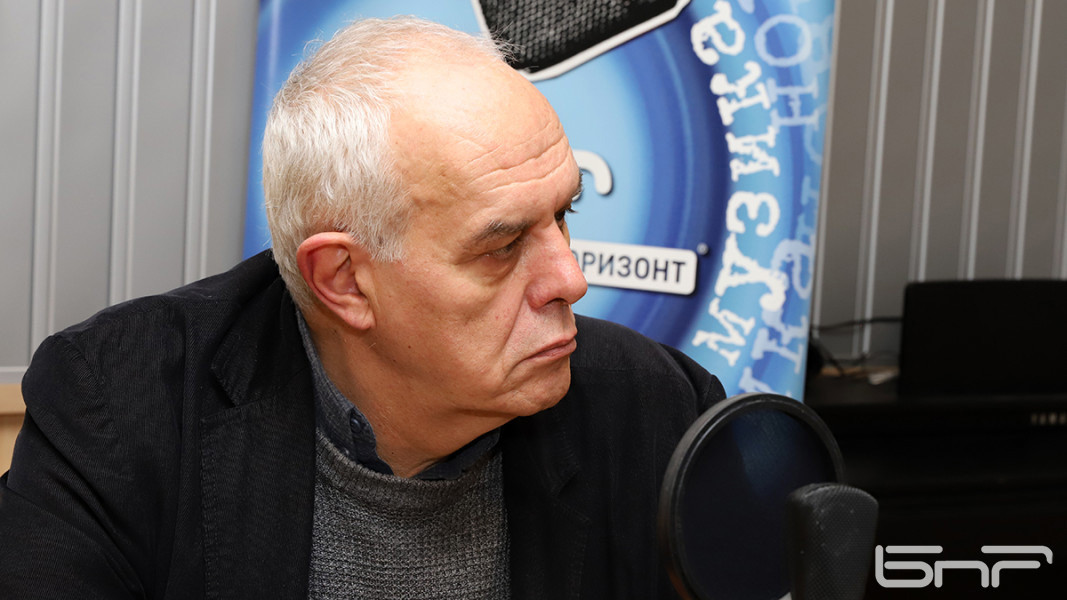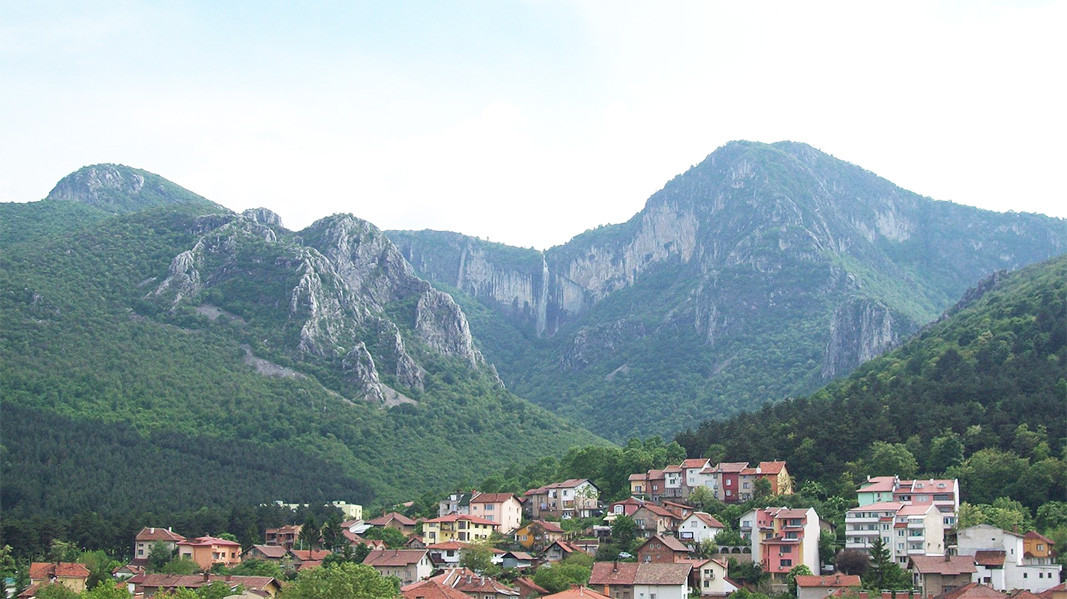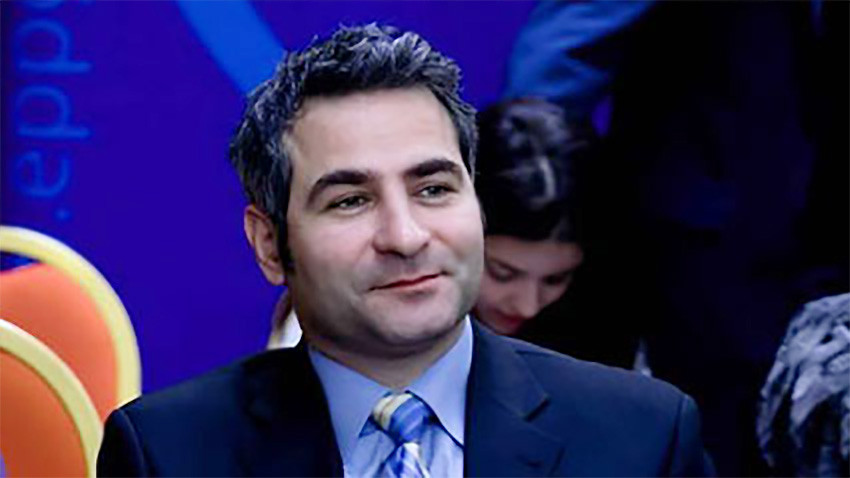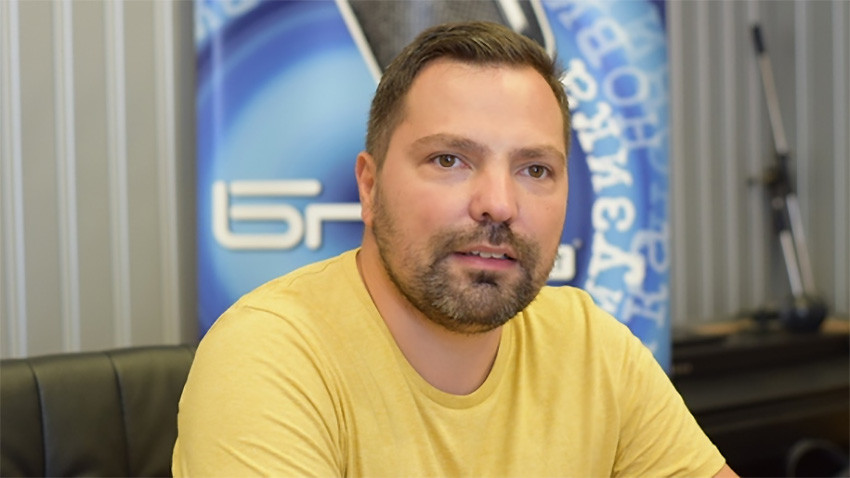The process of registration of parties and coalitions at the Central Electoral Commission for the parliamentary elections on 4 April is into its second day. However, sociologists are not predicting any drastic change of the status quo prevalent since 2009. Analyses seem to boil down to possible party coalitions in the future parliament which 7 political formations standing a chance of entering parliament, indicates a sociological survey by Sova Harris.
“These elections are fundamentally unpredictable because it is impossible to predict the most important parameter – how many people are going to come out and vote. If less than 2 million people vote this would result in a random, distorted picture which would not correspond to the attitudes of Bulgarians, would make things very unstable and would very quickly lead to change. Because a government is stable if it matches the attitudes of the voters,” sociologist Andrey Raychev says in an interview for the BNR.

According to the Sova Harris survey, commissioned by Trud newspaper, at this time 14% of Bulgarians say they are not going to vote, and 22.4% are undecided who to vote for.
Electoral attitudes are still unclear. At this time, firm support is being demonstrated by the “fan clubs” of the major players – GERB and the Bulgarian Socialist Party, indicates a vox pop by Iva Antonova, BNR’s correspondent in Vratsa, Northwestern Bulgaria. Vratsa region is heading towards the elections with a new look, but with chronic problems, Iva Antonova says. Infrastructure projects, investments, jobs and targeted policies in education and healthcare have boosted the region’s development. But some rural municipalities and smaller towns and villages have seen nothing of this progress and life there continues to depend heavily on how big pensions are. One of the likely explanations of the imbalance is the party contrast between central and local authorities.

“Things happen when the mayors of the given town or village are from the ruling party, and when a government is working for the people it should not funnel money into the places where it has mayors and nowhere else. In a democratic country that is not something that should be happening. Come to the small towns and villages and see for yourselves, there is a huge difference,” one woman told Iva Antonova.
The political configurations in recent years have instilled a sense of despair in many Bulgarians: it doesn’t matter who takes the helm, things are not going to be any different. People rarely tend to express any concrete expectations of their future political representatives, and often say they will vote for the person who makes them a better offer, whatever they mean by that. The politicians on their part have not yet presented concrete political programmes and have been debating mostly party lists and coalitions:

“This inability of ours to give politicians reference points, to be their compass have reduced the country to a condition in which politicians put on a show for show’s sake, to parties trying to outtalk one another, and they are talking to their own selves, they are not talking with us,” says political analyst Lyubomir Stefanov for the BNR’s Horizont channel. “Politicians are unable to construct a dialogue with the voters that would be permanent, not cyclic – from one election to the next.”
In his words there is no political formation at the moment that could be seen emphatically as an ongoing agent of the protest energy and the determination seen during the protests in the summer months. “The campaigning is yet to be filled with messages, we are yet to hear any concrete substance.”

Party ideas and platforms have been growing increasingly irrelevant when it comes to who is going to win the elections, Daniel Stefanov, election expert says and goes on to lay emphasis on the fact that parties in Bulgaria “derive power from personal conflicts in society and drag them centre stage”. Even before the start of the election campaigning polarization is soaring, and “sharp collisions mean less substance”, the analyst says.
Interviews by Petar Volgin, Veselina Milanova and Iva Antonova, Horizont channel
Editing by Elena Karkalanova
Translated from the Bulgarian by Milena Daynova
Photos: Ani Petrove-BNR, archive-BNR and BGNESLast week, Bulgaria’s 51st National Assembly all but ground to a halt. On each of the three regular sitting days — Wednesday, Thursday, and Friday — parliament failed to reach the required quorum of 121 out of 220 deputies. On Friday, for instance, only..
Romania continues policy of gradual budget deficit reduction Romania should end the year with a budget deficit amounting to 8.4%, as compared to 9.4% at the end of 2024, as negotiated with the EU, PM Ilije Bolojan has announced. During his visit..
GERB-SDS party maintain their dominance in new parliamentary elections with 26.4%, show the results of a survey by the sociological agency "Trend". The poll was conducted on behalf of 24 Chasa daily through a direct standardized "face-to-face" interview..

+359 2 9336 661
